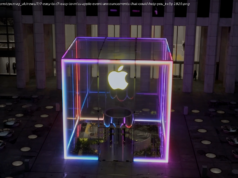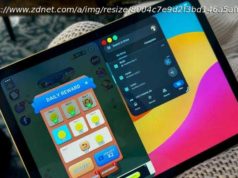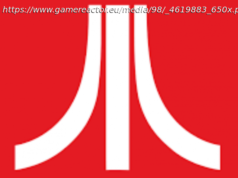Microsoft recently intensified their attack on enterprise messaging service Slack by delivering a free tier of Microsoft Teams. While Slack has denied being pressured by the move the company’s announcement today that they purchased Atlassian’s business instant messaging client Hipchat, suggests that they are having to work harder to be competitive. Slack famously took out a full-page…
Microsoft recently intensified their attack on enterprise messaging service Slack by delivering a free tier of Microsoft Teams. While Slack has denied being pressured by the move the company’s announcement today that they purchased Atlassian’s business instant messaging client Hipchat, suggests that they are having to work harder to be competitive.
Slack famously took out a full-page ad in November 2016 welcoming Microsoft with some “friendly advice” by claiming it took more than features but also craftsmanship to win the market.
Microsoft reportedly was looking to buy the company in 2016 for around $8 billion, before deciding, in the end, to build Teams themselves.
Slack is planning to discontinue Hipchat and Stride, and provide a migration path to Slack for all their customers. Slack intends to use the Hipchat IP to build deeper and more powerful integrations between Slack and the Atlassian family of products, which includes adding new functionality to the existing Slack integrations for Jira Server and Cloud, Trello, and Bitbucket, and building out new integrations with Confluence and other products. In turn, Atlassian will make a small investment in Slack to cement their new, deeper partnership.
Current Hipchat users can create a new Slack workspace by visiting slack.com/migration/atlassian to sign up for Slack immediately without porting your data. To then initiate the process of migrating your Hipchat data, visit Atlassian’s migration hub.
Slack, who has more than 8 million daily users and who has never made a profit, is believed to be worth around $5 billion in 2017. Microsoft has not said how many users they have but claims to be used by more than 200,000 companies.






